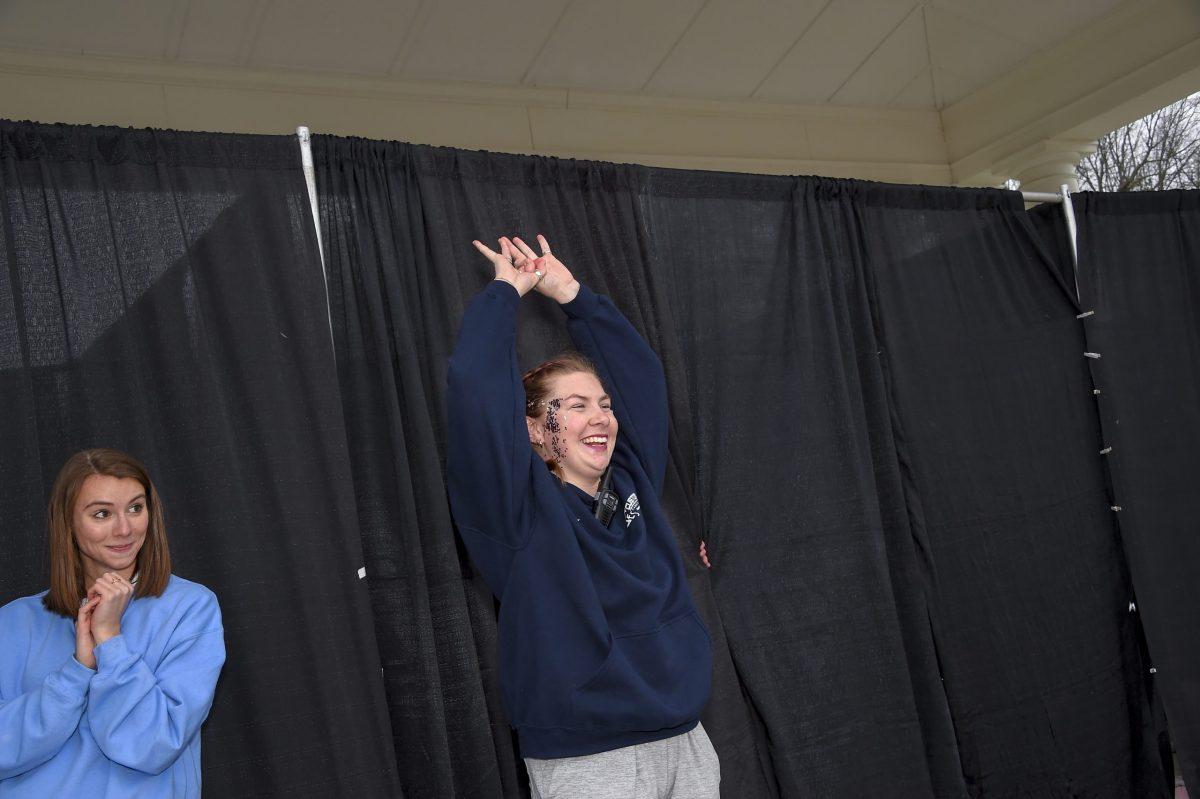Examining the double standard of the strong woman
“History is made by those who break the rules…” A quick Google search indicated that this quote is attributed to a number of folks, so it’s hard to say who actually coined it. They were right, though.
Recently, I’ve been thinking about the casting call for “strong women.” Today, the “strong woman” mantra is prominent in media headlines primarily in relation to the #MeToo movement, but there are certainly innumerable ways that women can radiate strength. However, I’ve noticed a difference between the ways strong women of the past are regarded, as compared to strong women of the present, as well as between strong women of celebrity status and strong women of little to no notoriety.
It’s much easier to be the woman who made history than the woman who’s making history. It comes down to popularity and disrupting the status quo—the latter of which is more favorably looked upon later than it is now.
Take Rosa Parks, for example: not a popular character at the Montgomery police station. Though often highly regarded as a heroine of the African American community in the civil rights movement and a model of the strong woman, these accolades shower her legacy more than they did her lifetime. She was arrested, not applauded, for being a strong woman.
Parks is one of a league of women whose strength was admired only after it was criticized. She joins a crowd of too women: too outspoken, too boisterous, too dramatic, too progressive, too demanding, too inquisitive, too opinionated…The list goes on, but includes women of all ages and eras: Megan Rapinoe, Marie Curie, Malala Yousafzai, Susan B. Anthony, Amelia Earnhart, Katie Sowers, Megyn Kelly, Frida Kahlo, Katherine Johnson, Dorothy Vaughan and Mary Jackson, Jane Austen, Greta Thunberg, Ruth Bader Ginsburg.
Take your pick. They’re all leaders, innovators and disruptors to their admirers. To the critics, they’re too women…maybe too woman.
The too woman comes off as “out of line.” She’s the one who reads the fine print and questions it, brings up a point of contention in an otherwise placid meeting, or speaks out against the mainstream consensus. As a result, she becomes the target of piercing glares, rolling eyes and whispered curses out of the creases of mouths.
She’s gossiped about and ostracized and most definitely NOT popular. She may be phased, but she’s not finished.The intent of the strong woman is not to please, but to progress.
Alexa Boan, ‘20, Vice President of Panhellenic-Recruitment and Retention, themed this year’s panhellenic recruitment week around the strong woman. She described as strong woman as:
“Someone who is unapologetically herself. A leader. Someone who breaks social norms in order for women to grow and prosper. Someone like RBG. A trendsetter. Someone who isn’t afraid to say ‘no’ to the patriarchy and ‘yes’ to every woman she comes across. A strong woman is inside each and every woman. Sometimes it just takes a little spark to get her to burn.”
When we mislabel strong women, we do so because we haven’t seen the fire they’re building yet; we only see the friction-induced sparks. We flick them away, deeming them a nuisance. Yet when the fire is built, we are drawn to it for warmth. We want the product without the process.
In her poem, “Red Velvet,” Nikki Finney writes of Parks’ process:
“The bus driver, who tried to put her off that day,
had put her off twelve years before. But twelve years
before she was only twenty-eight, still a child to the
heavy work of resistance…
By forty-two, you have pieced & sewn many things
together in segregated Alabama…
By forty-two, your biases are flat, your seams are inter-
locked, your patience with fools, razor thin.”
A strong woman isn’t marked by one moment. She may nurture her strength for years before it’s recognized as an asset rather than a burden. In silence or in breast-beating uproar, the strong woman is a history-maker because she’s a rule-breaker. Adversity is an adversary, not an end, to the strong woman.



























